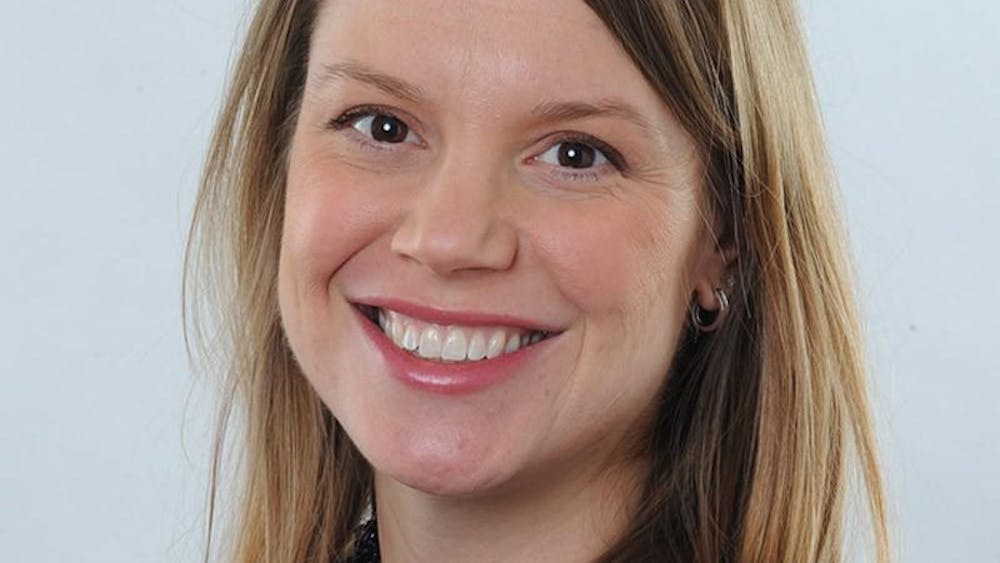At Eastern Michigan University, we have a tendency to be very accepting and helpful to our LGBTQ youth. There are many campus organizations and centers, such as the LGBTQ Resource Center, which aid in making EMU a safe environment for our LGBTQ students. However, throughout the community surrounding the university, as well as in many communities that students commute from, health center for lesbians are few and far between.
Even though there are several OB/GYNs in Washtenaw County, there are almost no facilities where women who are either not cisgender or heterosexual, or maybe they are neither, where they can go for reproductive health. And, in high schools across the state of Michigan, LGBT sexual health is rarely talked about. Because lesbians are unable to get pregnant from having sex with their partners, reproductive health is something that we as a state do not need to talk about.
However, sexual health is not something that should only be discussed when you are having sex and that sex could result in a pregnancy. According to the website Woman to Woman, operated by a gynecologist in Iowa, every woman should see a gynecologist yearly and before a woman’s eighteenth birthday. This means that as long as a lesbian is 18, she should see a gynecologist and see one every year because they are women who should be seeing someone about women’s health issue annually. According to WebMD, lesbian couples are still capable of getting STDs, which means they would need to see a gynecologist to help them deal with their problems. Additionally, according to Cancer.org, women who have never been pregnant are more likely to suffer from gynecological cancers. Since many lesbians never become pregnant, it is even more pertinent for them to see a gynecologist.
Unfortunately, there are many lesbians who are deterred from seeing a gynecologist because they are not always asked appropriate questions or they have been led to believe that because they are not having sex with men, there isn’t a real reason for them to see an OB/GYN.
In order to combat these issues, it is imperative that we have more lesbian friendly health centers.
Healthcare workers, like many other people, frequently forget that people in the Queer community are still just that: people. They need to be able to trust their healthcare provider and need to feel like they are in a safe place where they can be treated with respect as well as kindness. Because we have so few centers in Michigan that are able to provide healthcare to lesbians, something needs to be done to make sure there are more. This can be done through the opening of centers that are marketed specifically towards people in the LGBTQ community, training already existing physicians to handle cases where they are not getting their standard cisgender or heterosexual customer.
Access to high quality health care is a basic human right. We need to make sure that lesbians are getting this right when they have been denied it for so long.








